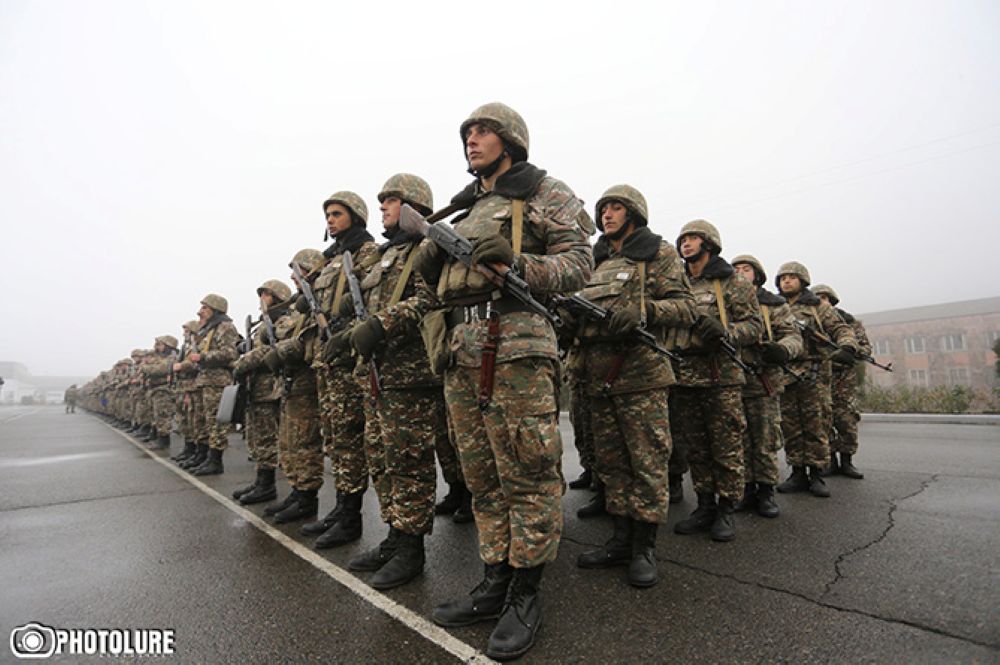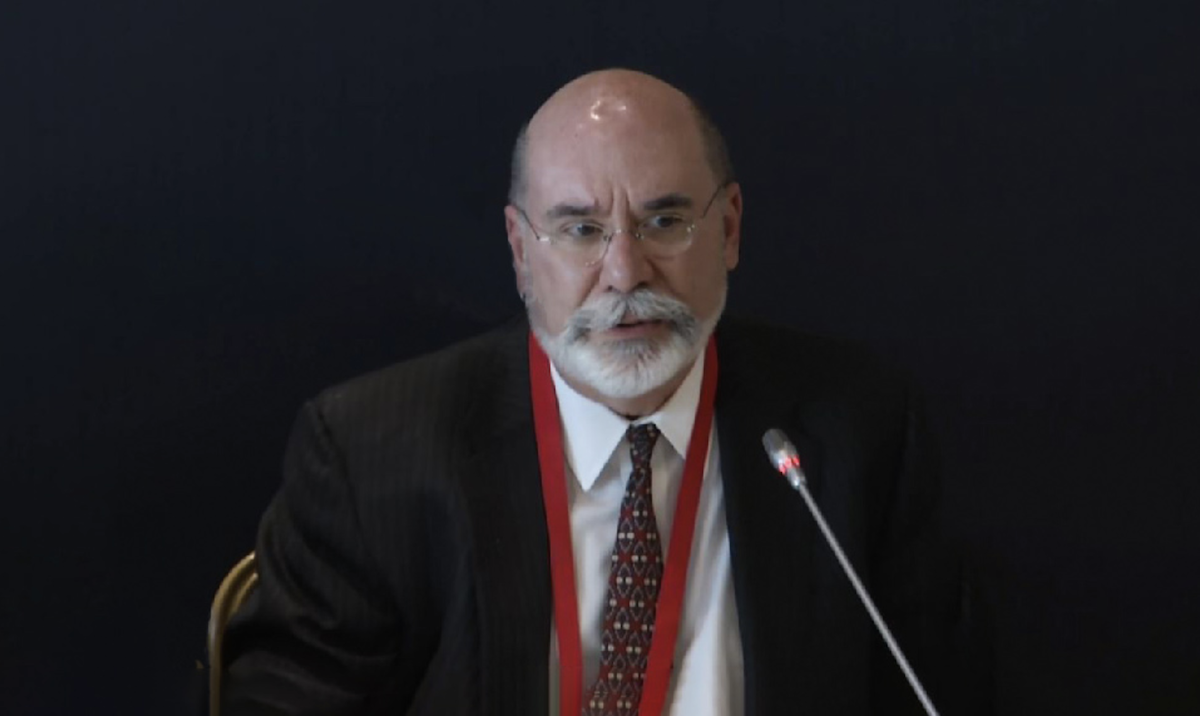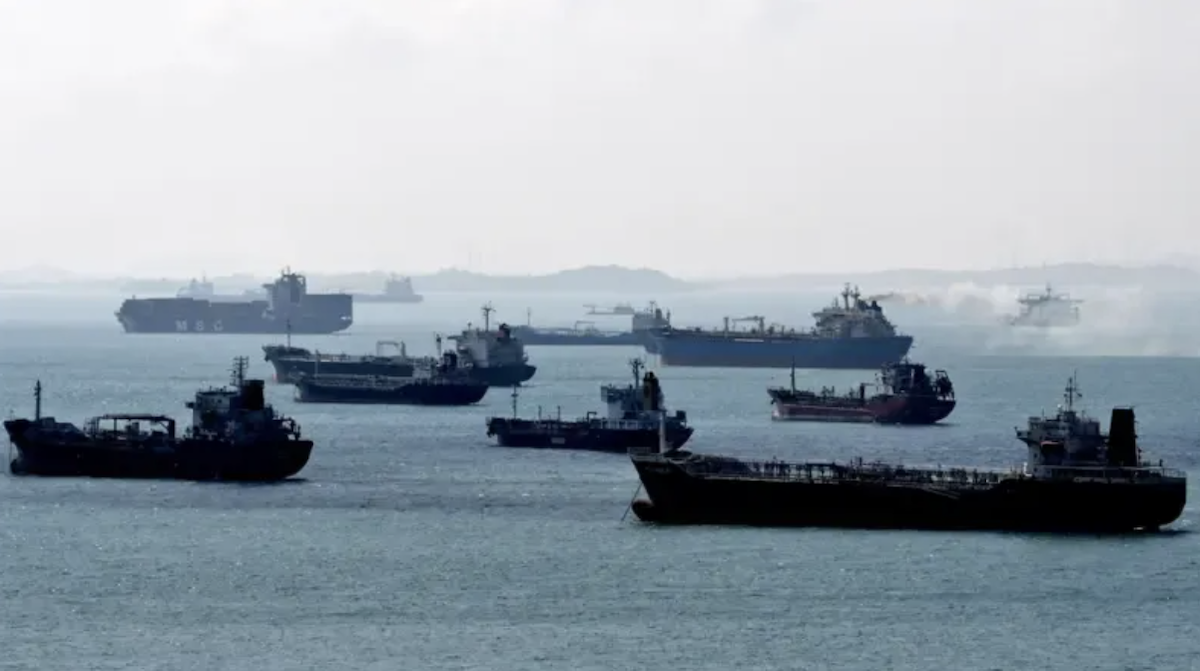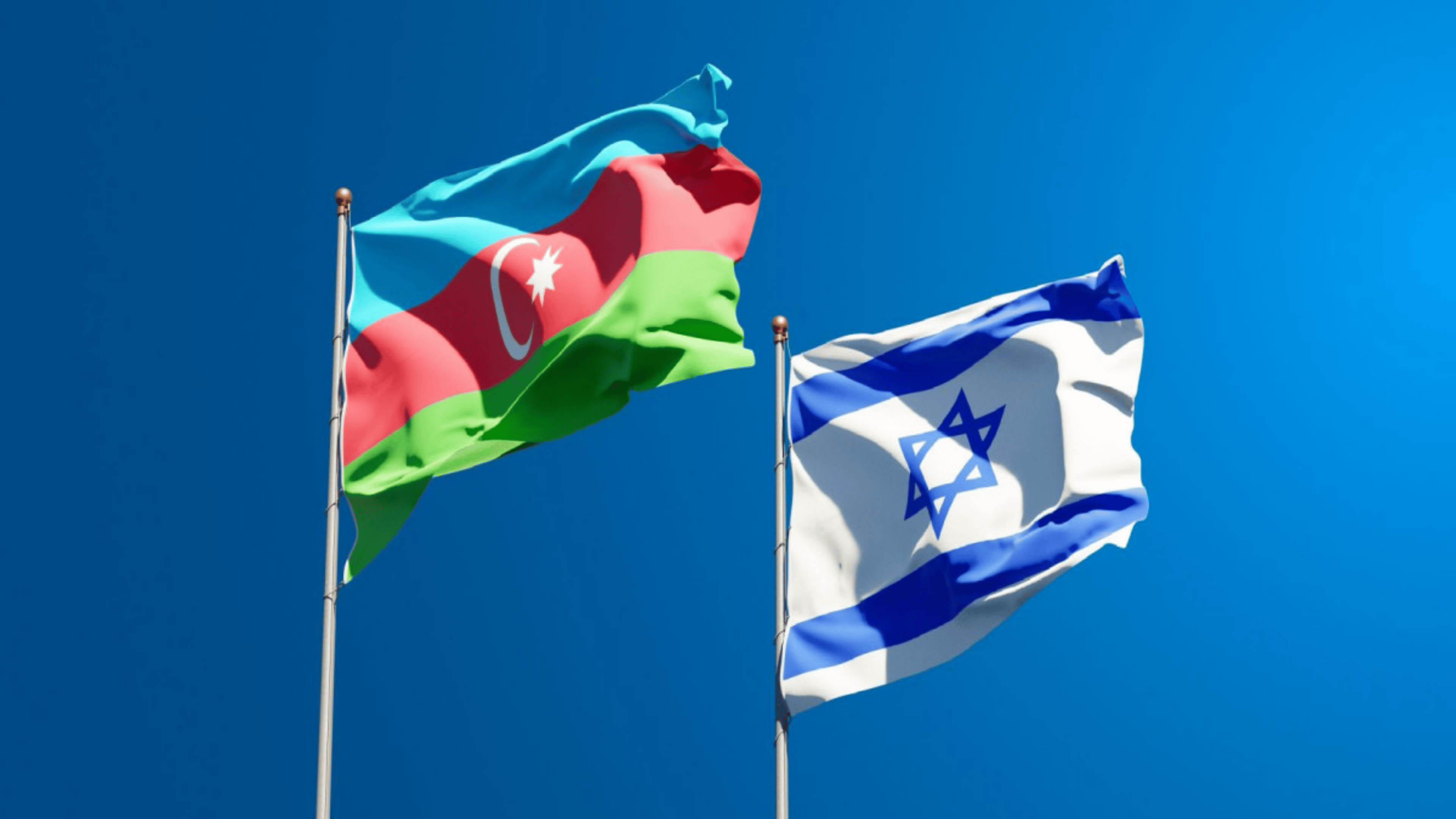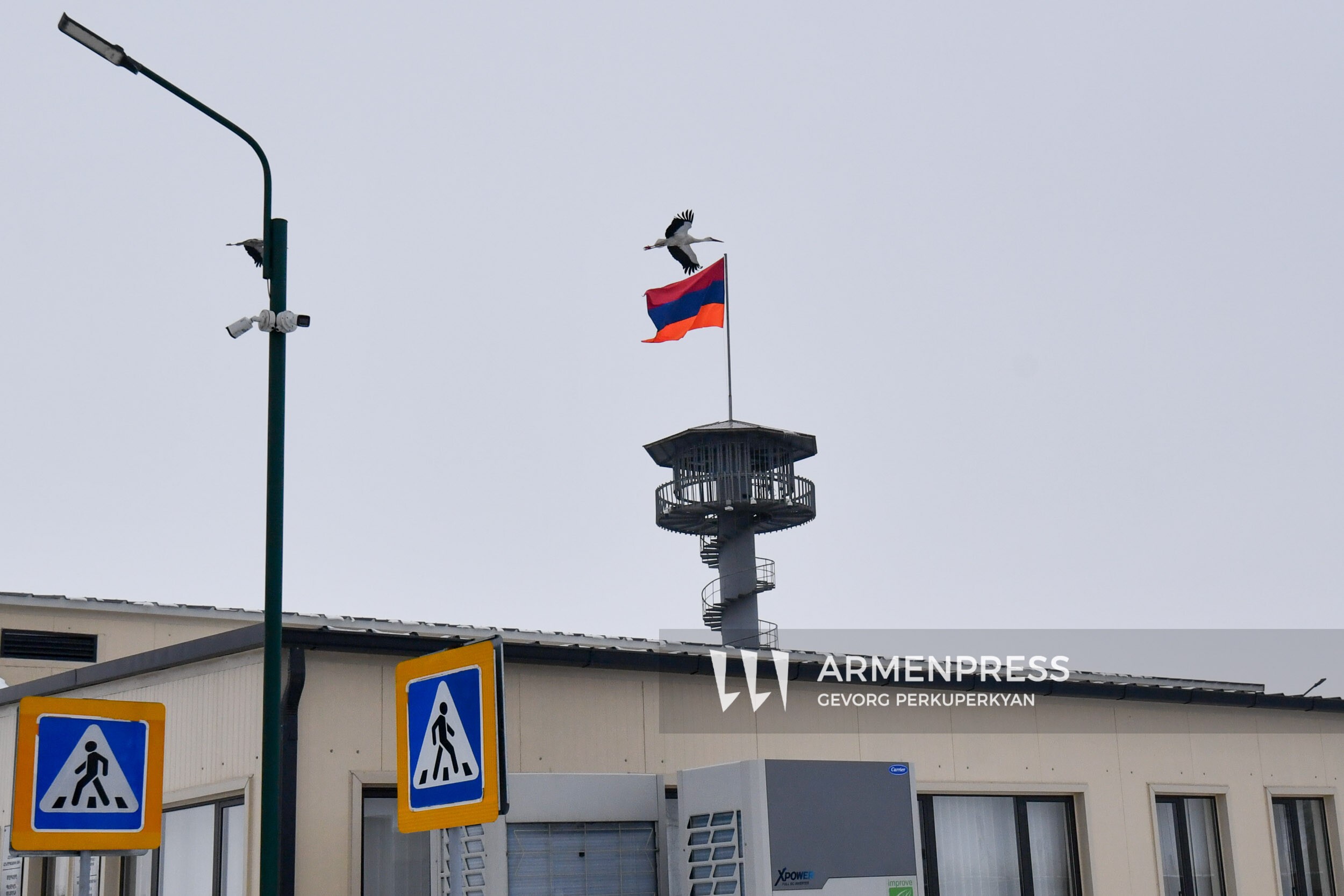The Madrid Principles. Delights and risks
Tatul Hakobyan, reporter and expert on Nagorno-Karabakh conflict, and Vladimir Karapetyan, Chairman of the Armenian National Congress Commission on External Relations, have shared their vision of the attractive aspects and risks lurking in this document.
Attractive sides
1. Referendum on Nagorno-Karabakh status
Tatul Hakobyan: ‘This is the first and fundamental point of this paper – determination of the status of Nagorno-Karabakh (Artsakh) by the residents themselves. Any outcome of the referendum will be considered final and irrevocable.’
Vladimir Karapetyan: ‘Only the first point of the document, suggesting plebiscite on Nagorno-Karabakh status issue, proceeds from Armenia’s interests. By signing this document, Azerbaijan will put under question Karabakh’s belonging to it. The rest of the points of this document appeared in it on Azerbaijan’s request.’
JAMnews: All further ‘pro’ arguments, in our opinion, may be a consequence of any variant of resolution of the conflict, regardless of whether it is achieved under Madrid principles or not. However, experts continue the list:
2. Peace and progress perspective
Vladimir Karapetyan: ‘Signing of this document may be of great historical importance, because, it will ultimately place on record certain progress following the end of the conflict that lasted over 20 years. And it will be a serious progress, that will provide grounds for signing greater peace treaty.’
3. Lifting of blockade
Vladimir Karapetyan: ‘Signing of the Madrid principles will also lead to lifting the blockade for Armenia; Armenian-Turkish border, which was closed due to Karabakkh conflict, will be also opened.’
4. Opportunities for economic development
Tatul Hakobyan: ‘After international recognition, Nagorno-Karabakh may turn into the economic development zone, attracting millions of investment.’
5. Relaxation of tension and disarming
Tatul Hakobyan: ‘Border tension may relax after signing of a more or less acceptable agreement.’
6. Security guarantees
Tatul Hakobyan: ‘In case of renewed conflict, the mediators shall ensure security of the population.’
Vladimir Karapetyan: ‘In view of the fact that the document will be signed in light of international assistance, the international community will undertake to ensure its implementation and thus will stand as a security guarantor.’
Risks
1. Return of 6 regions, adjacent to the former Nagorno-Karabakh region
Tatul Hakobyan: ‘Nagorno-Karabakh authorities vigorously oppose this point of the document and believe, they should not yield their positions.’
Vladimir Karapetyan: ‘After signing this document, Azerbaijan will get an obvious advantage in the negotiations over the bigger document. If before 2005-2006, during the negotiations the issue of return of Kelbajar and Lachin was not discussed, this document suggests their return. ‘
2. Elimination of the buffer zone
Tatul Hakobyan: ‘Settlements, adjacent to the former Nagorno-Karabakh region, are low-populated and serve as a buffer zone for the civilians. Their return will pose a direct risk to the civilians and the issue of provision of their security will be raised. ‘
3. Return of Azerbaijani refugees to the former places of residence, drastic change in demographic picture
Tatul Hakobyan: ‘No one has calculated the number of residents, who abandoned this or that village or district. Their return is, in a sense, unrealistic. ‘
Vladimir Karapetyan: ‘Return of refugees would lead to a drastic change in the demographic situation of these areas, and, using this demographic factor, Azerbaijan will participate in further negotiations from the stronger positions. About 10 thousand Armenians live in the adjacent areas and the is a possibility of discrimination against them. ‘
4. Uncertainty regarding Nagorno-Karabakh status
Vladimir Karapetyan: ‘The status of Nagorno-Karabakh shall be determined through a plebiscite. However, the form, in which it will be conducted, is being specified. Even after signing the Madrid principles, it will be too early to talk about the NK status, this issue is not spelled out in the published document. ‘
5. Nagorny Karabakh does not participate in talks on its future
Vladimir Karapetyan: ‘Unlike previous documents, Madrid principles do not provide for NK’s participation in determining its future. Unlike 1997 document, this document is not a trilateral, but a bilateral one. NK did not participate in a lengthy process of discussion of this document, neither is it mentioned in it as a party. There is a risk, that an agreement on the issues, that are vital for Nagorny Karabakh, can be achieved without it.’
6. Public indignation
Tatul Hakobyan: ‘Return of these territories will trigger serious public indignation in Armenia and in Diaspora. People may blame the government for signing a treacherous and disadvantageous document.’
- The Madrid principles were offered to the conflicting parties by the OSCE Minsk Group, in November 2007. They are considered the most ‘enduring’, since, despite the fact, that they were not fully and unconditionally accepted either by Armenia or Azerbaijan, they were not disregarded either. Negotiations on them continue. Armenia’s politicians and political scientists give different assessment to them. However, even those, who believe that the document is inferior to some previous proposals, assume that: Madrid principles can be the basis for further negotiations. By the way, only 6 points of the 13-point document have been published so far.
The opinions expressed in the article convey the author’s terminology and views and do not necessarily reflect the position of the editorial staff
Published: 27.12.2016












